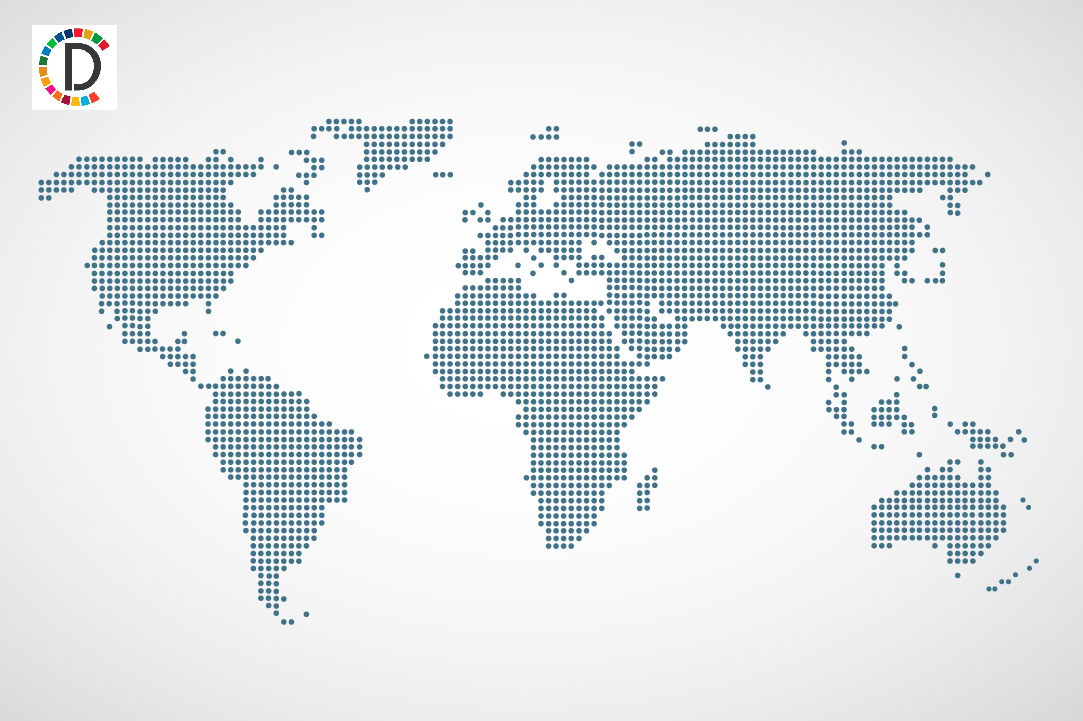New Dutch government to look for 'opt out' of EU asylum rules
The incoming Dutch government led by nationalist Geert Wilders' PVV party will look to opt out of European Union migration rules, as its says it is facing an asylum crisis. Wilders on Wednesday reached a deal to form what is set to be the most right-wing government in the Netherlands in decades, almost six months after a major election victory.

The incoming Dutch government led by nationalist Geert Wilders' PVV party will look to opt out of European Union migration rules, as its says it is facing an asylum crisis.
Wilders on Wednesday reached a deal to form what is set to be the most right-wing government in the Netherlands in decades, almost six months after a major election victory. In its government plan published early on Thursday, the four-party coalition says it will aim for the "strictest-ever asylum regime" with stronger border controls and harsher rules for asylum seekers that arrive in the Netherlands.
"An opt out clause for European asylum and migration policies will be submitted as soon as possible to the European Commission," the coalition says in its pact. It is unclear whether such a request will be granted.
Labour migration will also be curbed, and admittance of foreign students to Dutch universities will become stricter, the parties said. The deal brings together Wilders' PVV with outgoing Prime Minister Mark Rutte's centre-right VVD, the new NSC party and farmers' protest party BBB in a coalition with a strong majority of 88 seats in the 150-seat Lower House.
With the broad agreement reached, an independent intermediary will now be tasked with forming the cabinet of ministers, a process that is expected to take at least another month. It is still unclear who will become Prime Minister as Wilders, known for his outspoken views on Islam, in March vowed to forego the role in order to get his prospective government partners to the negotiating table.
Wilders has not announced yet who he will put forward for the top job. The new government also said it will keep up political and military support to Ukraine and will make it legally binding to spend at least 2% of Dutch gross domestic product on defence, in line with NATO agreements.
The parties aim to build four nuclear power reactors in the coming decade and vow to ease the burden of environmental rules for farmers.
(This story has not been edited by Devdiscourse staff and is auto-generated from a syndicated feed.)
- READ MORE ON:
- Islam
- Netherlands
- Lower House
- European
- NATO
- European Union
- Ukraine
- Labour
- Dutch
- Geert Wilders
- Mark Rutte
ALSO READ
Ukraine Invited to Trump's Peace Board
European Union's top official questions US President Donald Trump's trustworthiness over Greenland tariff threat, reports AP.
Kremlin Taps Envoy Dmitriev for Ukraine Peace Process Talks
Newgen Software Faces Profit Decline Amid Labour Code Impact
Ukraine Urgently Needs Missile Supplies Amid Intense Russian Attacks










